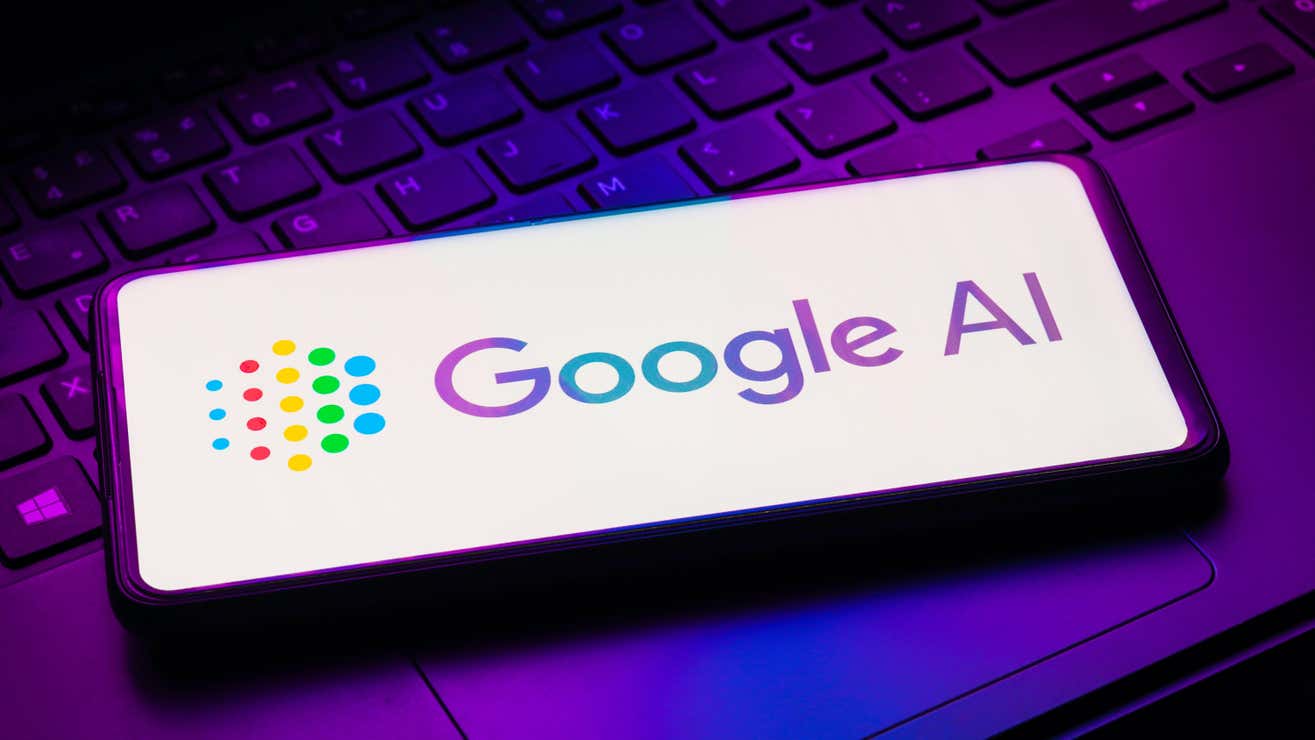Community, Leadership, Experimentation, Diversity, & Education
Pittsburgh Arts, Regional Theatre, New Work, Producing, Copyright, Labor Unions,
New Products, Coping Skills, J-O-Bs...
Theatre industry news, University & School of Drama Announcements, plus occasional course support for
Carnegie Mellon School of Drama Faculty, Staff, Students, and Alumni.
CMU School of Drama
Subscribe to:
Post Comments (Atom)

3 comments:
This article is about how Google will legally defend users of its AI products if the generative tools land people in trouble with copyright laws, but still don’t address the problem of stealing people’s work for data in the first place. Github Copilot, an AI trained on the code of millions of people, has been found to regurgitate the code, despite explicitly being told not to. The big question in all of this is should AI be allowed to be trained on copyrighted material at all? I believe it should be. Other companies are going to try to create stronger and more powerful AI tools, and those who do not will be behind. AI is an incredible force for good, and is already helping literally save lives, as well as improving the lives of millions of people. Each innovation comes with its own set of challenges; when the car came around, the horse was replaced.
I have not engaged with any of these generative AI tools, so I had never even considered the copyright risks for the users. While I agree that users of these tools should not have to be scared of copyright infringement, I think it sets a scary precedent that these big companies would rather go to court and pay their way past actually getting rights to the content that they are feeding their AI products. If they are willing to dole out money on legal cases, these companies should also be able to dedicate money and resources to ensuring that their AI is only pulling from data that they have the rights to. With their money and resources, they could even reach out to authors, artists, etc. and likely get actual permission to feed their art to the AI, but instead they go for stealing and risk court cases.
As the article and commenters have pointed out, Google and other large tech companies should not be letting their programs use copyright protected material. I am appreciative that these titans of the industry are thinking of their consumers. This does nothing but exacerbate hurt being done to anyone whose work is being illegally used in the first place by putting out the message that their work does not matter. It must be possible for these technologically savvy people to find ways to train their programs in other ways. The only reason I can think of these companies doing that is if they get sued for a ridiculous amount of money by wealthy artists, like what it happening with the song “Heart on My Sleeve” which was written by ghostwriter977 using the likeness of Drake and The Weeknd without their consent. I hate to praise Elon Musk and his companies in any way, but it seems that Tesla has already worked around copyright issues by simply using data it already owns.
Post a Comment